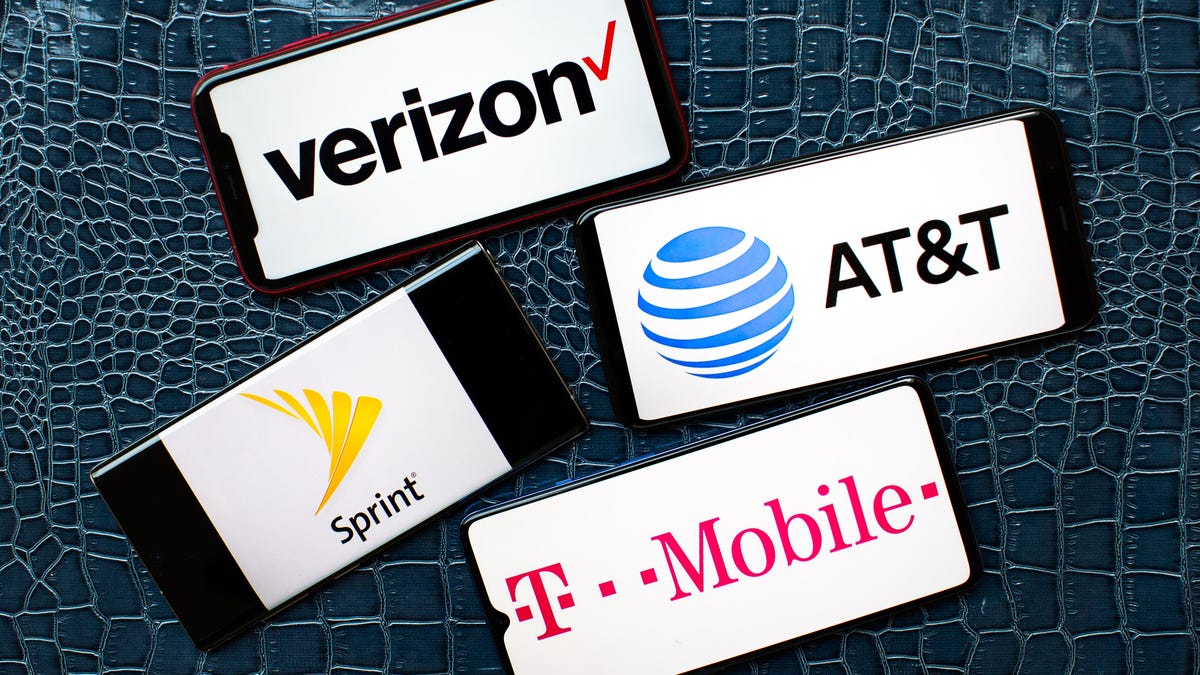 Why You Can Trust CNET
Why You Can Trust CNET Why it's time for you to choose a cheaper phone plan
Stuck at home? You have Wi-Fi, so stop paying big bucks for unlimited data.

See if your carrier offers a cheaper plan. If not, consider taking your business elsewhere.
Looking for ways to lower expenses? Consider a cheaper phone plan. Because if you're spending most of your time at home, you probably don't need a pricey unlimited plan -- not when you have Wi-Fi.
Not everyone understands this concept, so let me explain. Most of the activities you do on your phone -- downloading apps, streaming music and video, checking email and Twitter -- rely on data. And with more phones supporting Wi-Fi calling, many of your "voice" calls are actually getting routed as data, too. There are two ways to get it: cell towers and Wi-Fi. Cell towers provide data when you're out in the world, walking around, riding in cars, sitting on trains and so on. Wi-Fi brings you data at home and the office, though obviously most of us aren't spending any time at the latter right now.
So if you're mostly at home, and you have high-speed internet courtesy of your cable provider, guess what? You barely even need a data plan for your phone. And that means you might be able to save quite a bit of money.
Read more: The best phones under $200
Here are the big questions:
- What are you paying now?
- Does your current carrier offer cheaper plans?
- Is your phone paid off, unlocked and able to easily switch carriers?
- What cheaper plans are available elsewhere?
What are you paying now?
If you subscribe to a Big Four carrier like AT&T or Verizon , you probably have an unlimited plan -- which might be costing you as much as $70 to $80 a month. (You might also be paying off your phone, in which case switching gets more complicated.)
But even if you're with a smaller carrier, such as Cricket or Boost Mobile , paying $40 to $50 a month, you still have the potential to save a lot.
The key is to find out what your currently monthly plan costs and what's included with it. Then contact your carrier to see if there are cheaper options. Don't worry about giving up a big or unlimited data plan; remember, you're getting all the data you need at home as part of your internet subscription. You can always switch back later if need be.
However, downshifting may result in losing various premium perks, like free Netflix or HBO. You'll have to weigh the costs of those against what you stand to save.
Read more: 10 free Netflix alternatives
What could you be paying?
If you've been shackled to a Big Four carrier for a while, you might be surprised to discover how cheap cell service can be elsewhere. We've already got a great list of the rock-bottom cheapest phone plans you can get today, but here are a few that are particularly less-data friendly:
| Carrier | Minimum per month | Network(s) | Notes |
| Tello | $5 | Sprint | You can skip data altogether but add it back when needed. |
| TextNow | $0 | Sprint | No data, but free calls and messages even when you're not connected to Wi-Fi. |
| Ting | $6 | Sprint, T-Mobile, Verizon | No flat rates; instead, you pay for the minutes, messages and data you use each month. |
Before you switch to any other carrier, however, make sure your phone can accommodate the switch. That means it needs to be unlocked and it needs to work with the network you're moving to.
Some phones are unlocked right out of the gate, but check with your current carrier to determine your model's status. If it's not unlocked, the carrier will usually take care of that for you -- barring any requirement associated with your current plan.
AT&T and T-Mobile rely on GSM technology while Sprint and Verizon use CDMA. Most newer phones support both of these, but some older models are limited to one or the other. So if your phone works only on GSM networks, you won't be able to move to, say, Tello because it's a Sprint (CDMA) carrier.
That said, there's almost always a cheaper option out there. My advice: Find it. One good resource is WhistleOut, which compares plans from around 40 different carriers.
OK, your turn: If you've already downshifted to a less-expensive plan, hit the comments and tell me what you were paying before, what you're paying now and how it's working out.
CNET's Cheapskate scours the web for great deals on tech products and much more. For the latest deals and updates, follow the Cheapskate on Facebook and Twitter. Find more great buys on the CNET Deals page and check out our CNET Coupons page for the latest promo codes from Best Buy, Walmart, Amazon and more. Questions about the Cheapskate blog? Find the answers on our FAQ page.

